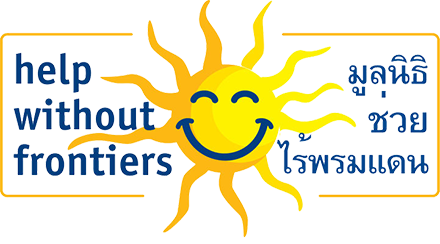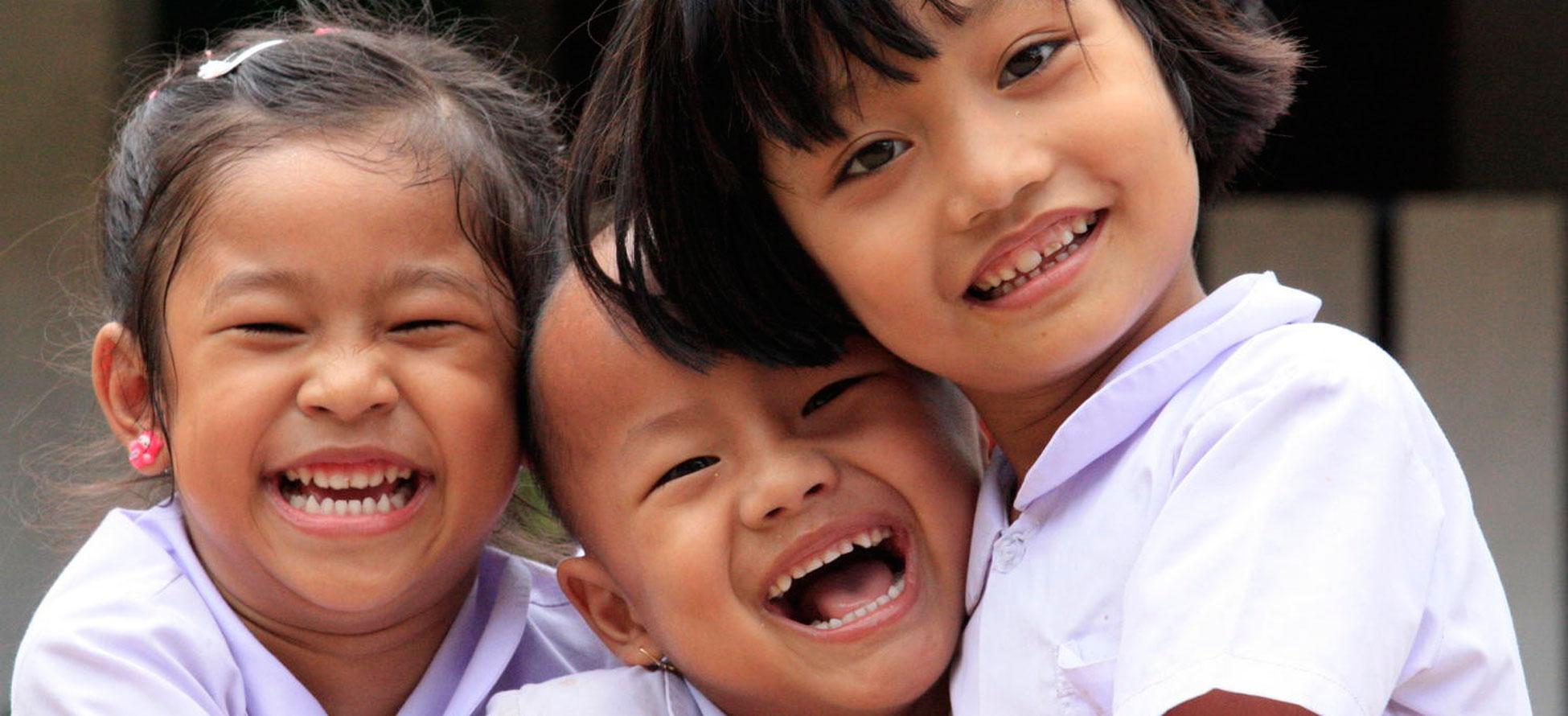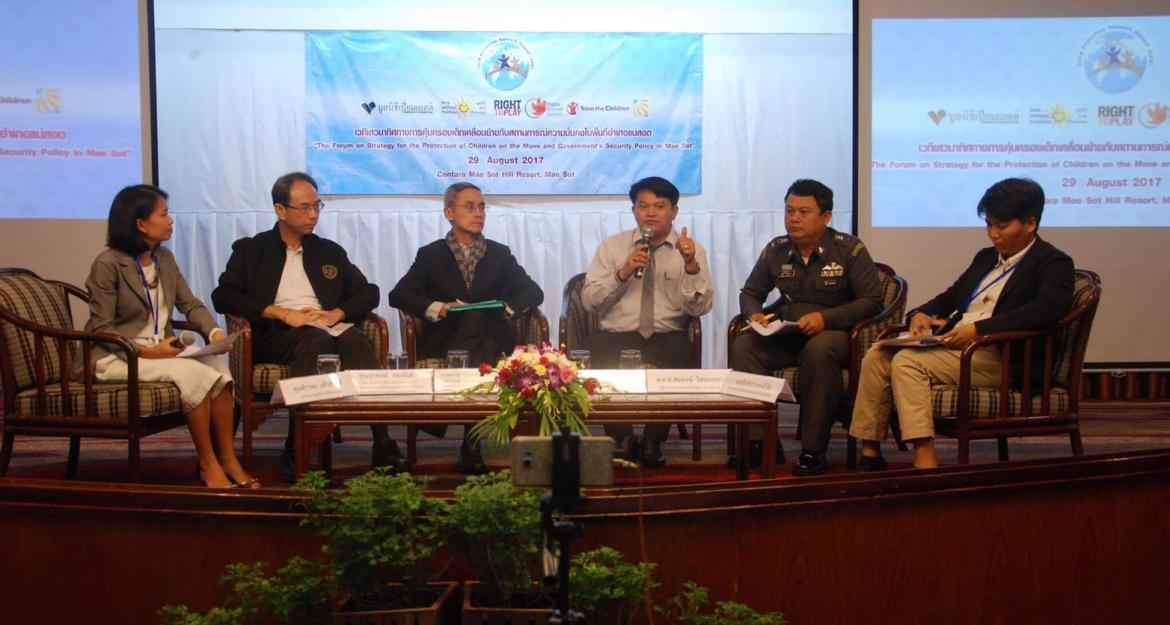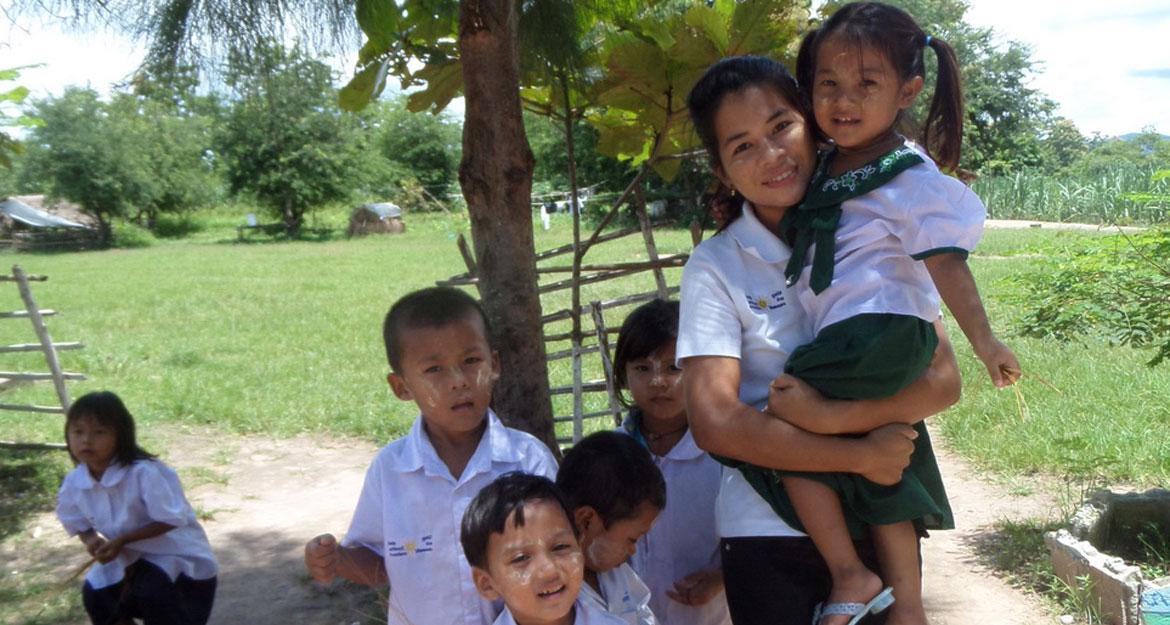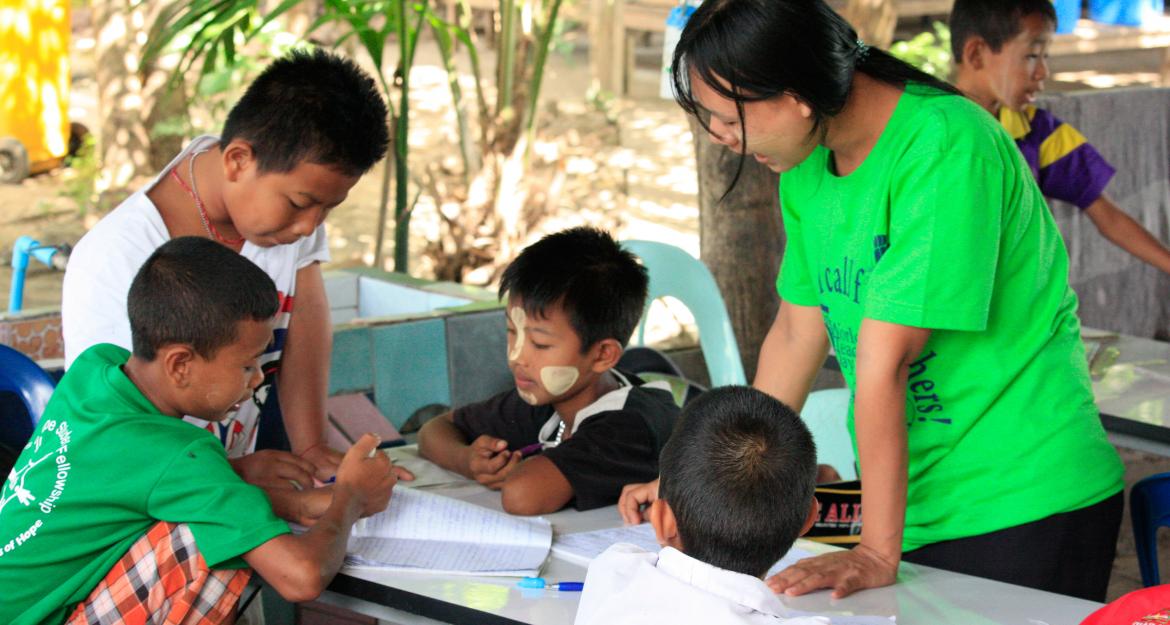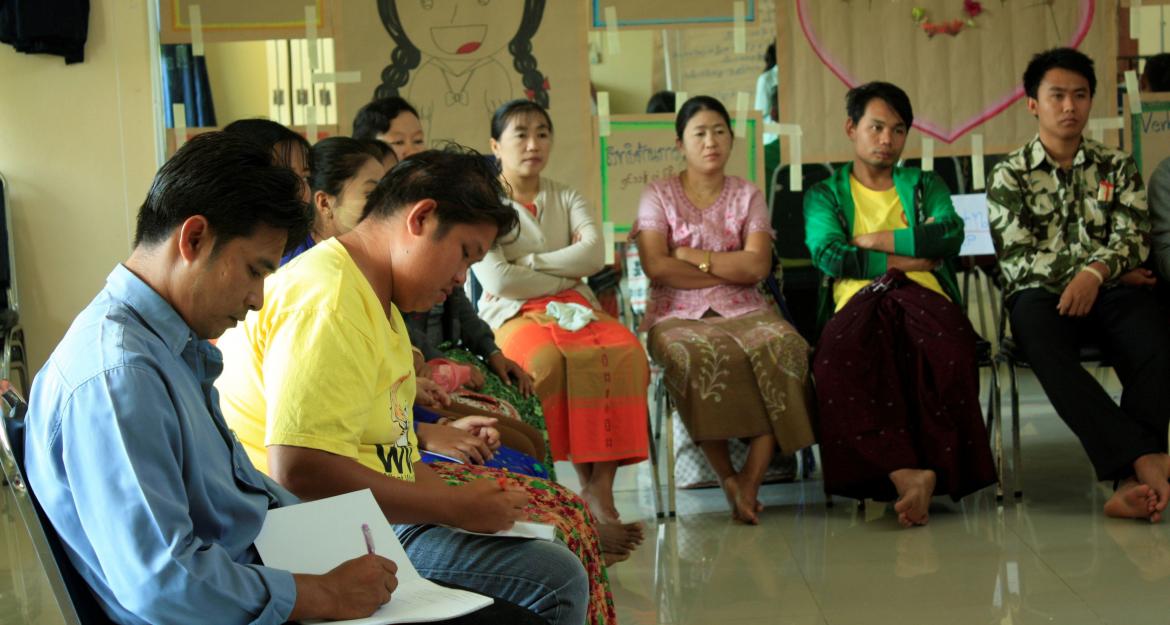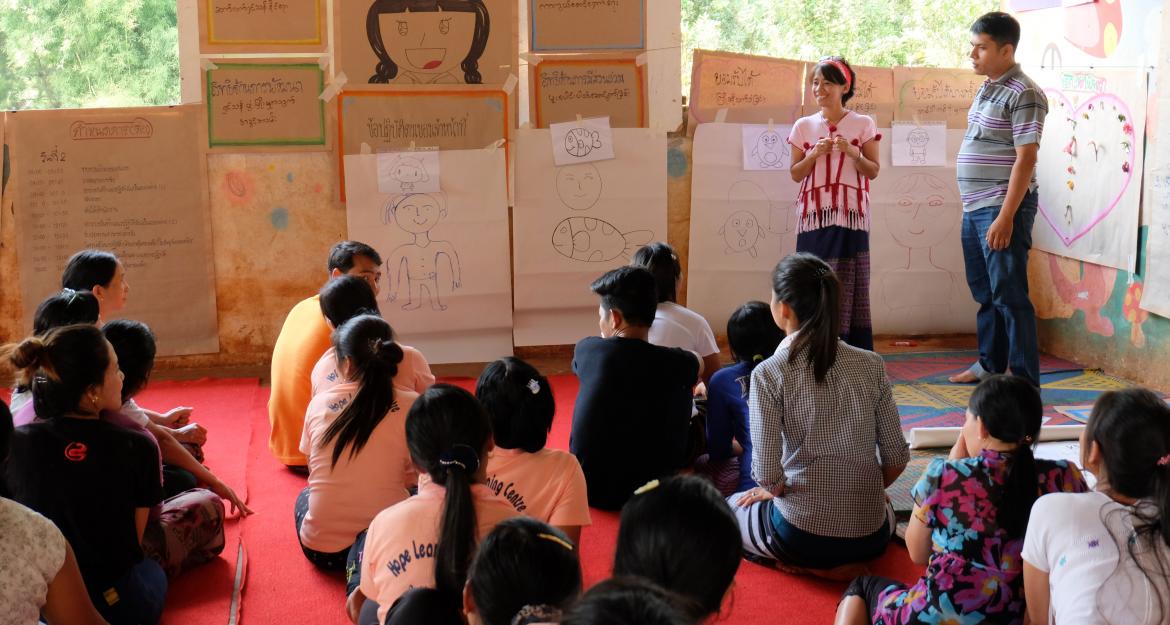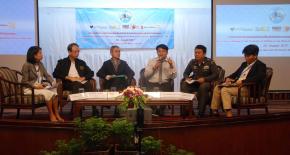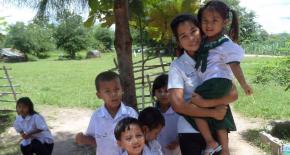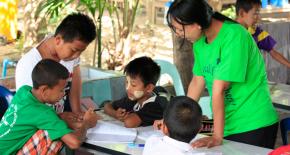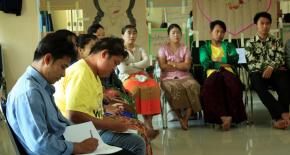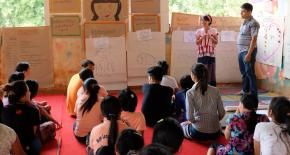Child Protection
Help without Frontiers is committed to safeguarding the welfare of children in raising awareness on issues that may cause children harm. The Child Safeguarding Policy undertakes international Child Protection standards and covers all HwF staff, volunteers, partners, visitors or donors as well as photographers, journalists and media coming in direct or indirect contact with children.
The Child Safeguarding Policy involves a strict code of conduct and of practice to preserve the dignity of each and every child, regardless of age, disability, gender, racial or ethnic origin, religious belief and sexual identity, to be free from harm or abuse.
Child abuse includes:
-
Physical injury: hitting, shaking, poisoning, burning or scalding, drowning, suffocating or otherwise physical harm or ill health to a child
-
Neglect: persistent failure to meet a child’s basic physical and/or psychological needs, likely to result in the serious impairment of the child’s health or development
-
Emotional abuse: persistent or emotional ill treatment of a child that adversely affects their development
-
Sexual abuse: involves a child and adult or another child who by age or development is in a relationship of responsibility, trust or power forcing or encouraging children to take part in sexual activities
A reporting protocol calls on schools and HwF staff to respond to, investigate, and refer witnessed, suspected or alleged child abuse, sexual exploitation and/or violation of the Child Safeguarding Policy to authorities, office or relevant responsible persons. HwF is committed to undertake prompt investigation through dialogue with the abused child of concern and with the staff who have made the allegation of abuse and, once proper evidence is collected, to ensure that the consequences of abusive misconduct are enforced.
In joint collaboration with UNICEF and Save the Children Thailand, HwF Thailand creates strong civil society network and services for the best interests of the child. All new recruits, interns and volunteers, as well as teachers and staff in the schools, receive trainings on child protection issues to understand, implement, and monitor the Child Safeguarding Policy. Since 2013, almost 800 adults and children, 160 teachers and caretakers, 300 governmental organizations, NGOs and CBOs received awareness raising and training on Child Protection.


